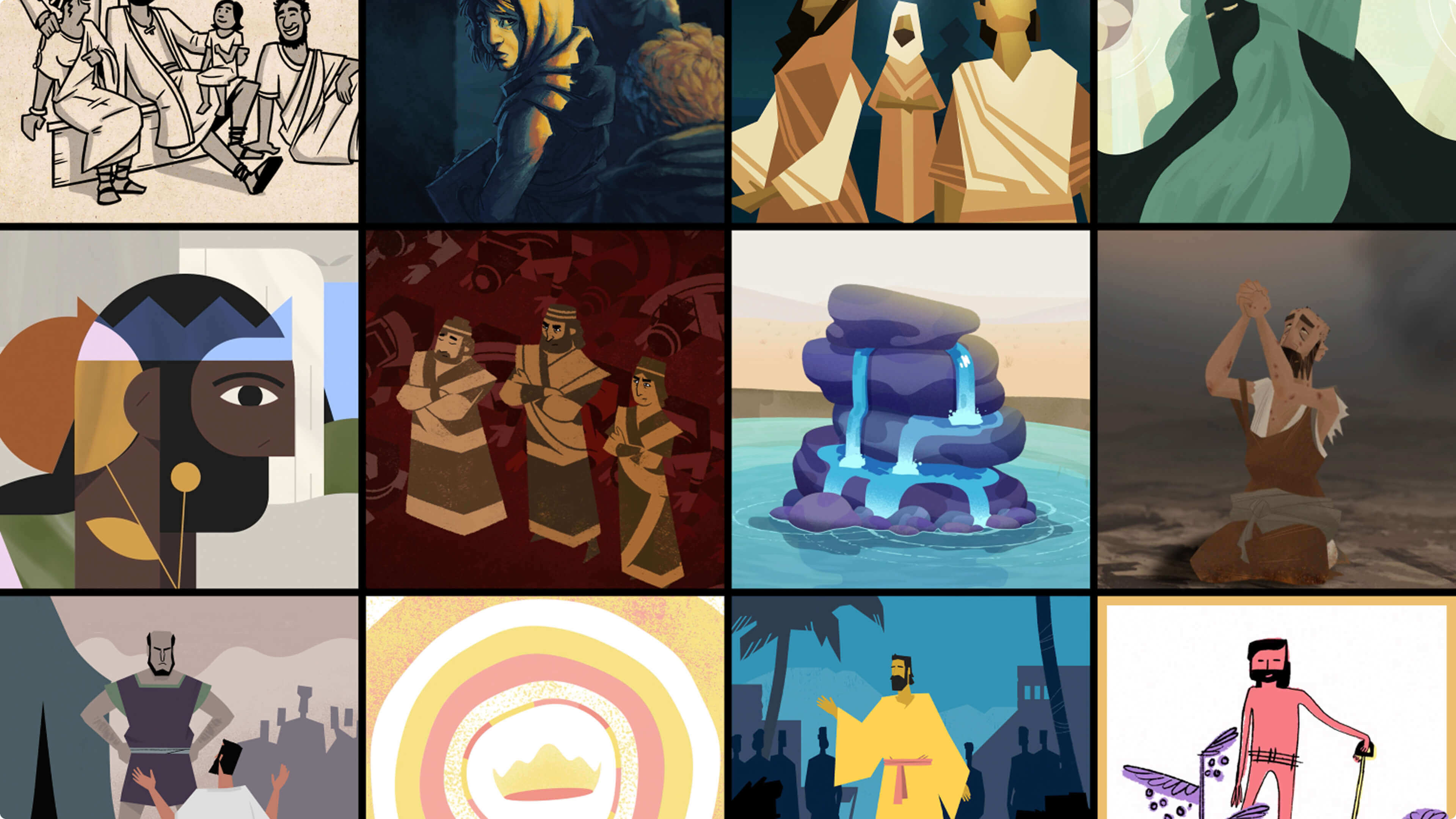
5:18

What does it mean for a nation to belong to God? In the second part of Exodus, God establishes a covenant with his people, Israel, and invites them to access his presence through the tabernacle.
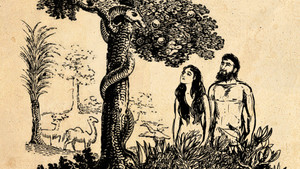
Episode 1
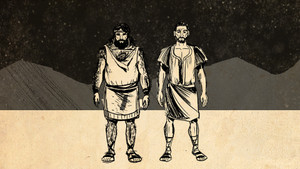
Episode 2
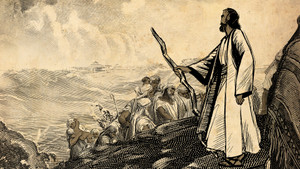
Episode 3

Episode 4
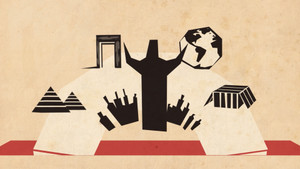
Episode 5
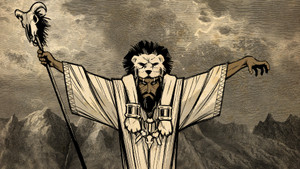
Episode 6

Episode 7